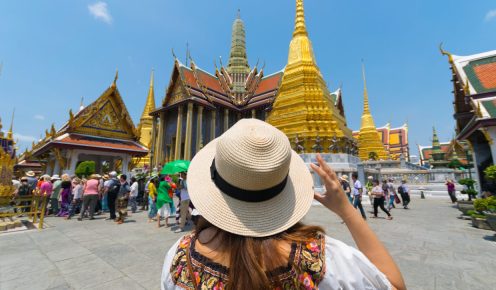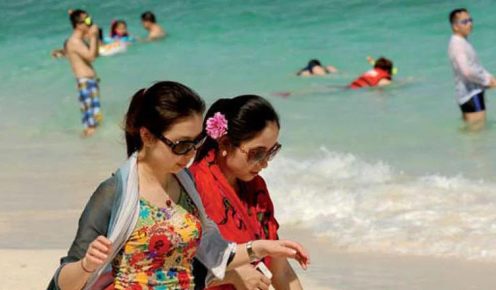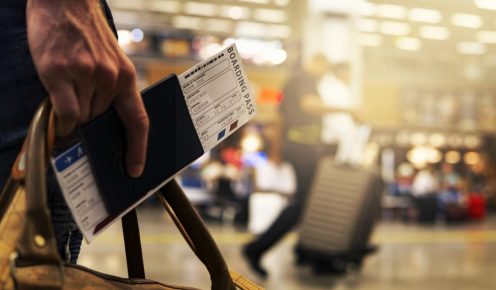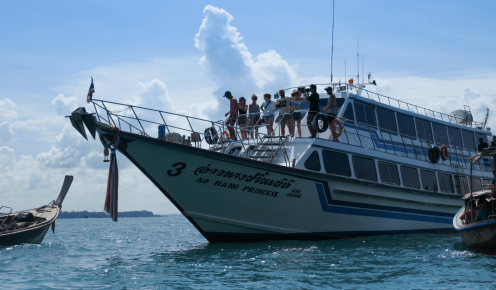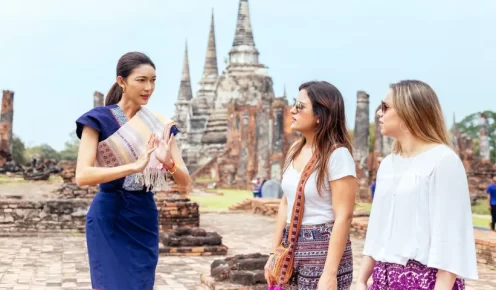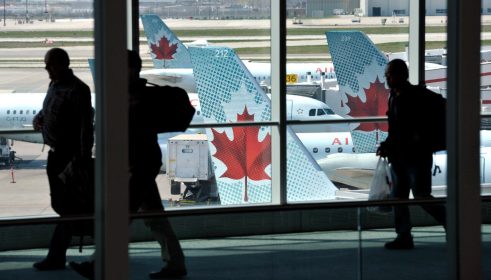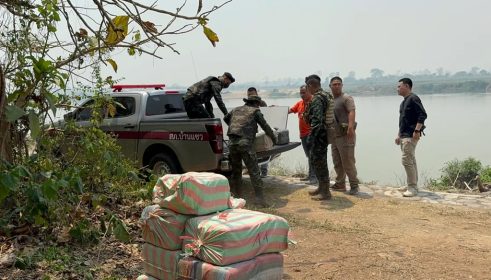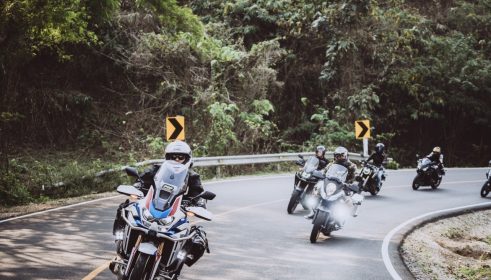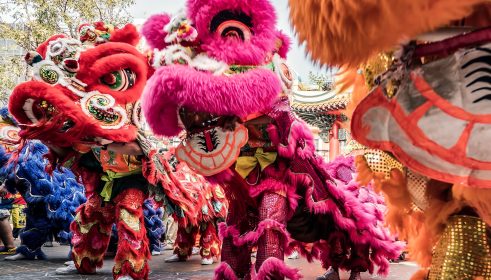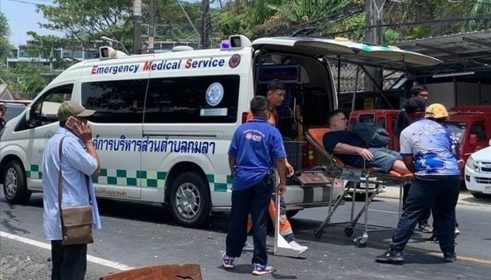CHIANGRAI The Anantara Golden Triangle resort in Thailand as the first hotels in the world to offer one of the most unique coffee experiences on the planet.
At least that’s the claim of Thailand’s Anantara hotels, which refines its own beans at its massive elephant camp behind its Golden Triangle resort in Chiang Rai.
At a retail price of approximately US$1,100 per kilogramme, this coffee is also one of the most expensive and exclusive in the world. Currently 50 kilograms are available for sale.
bitter-free coffee comes with a price. Black Ivory, as elephant dung coffee is called, retails at US$1,100 per kilo — or $50 a cup — making it one of the most expensive cups of Joe in the world.Black Ivory Coffee is created from a process whereby coffee beans are naturally refined by Thai elephants. Research indicates that during digestion, the enzymes of the elephant break down coffee protein. Since protein is one of the main factors responsible for bitterness in coffee, less protein means almost no bitterness.
“Research indicates that during digestion, the enzymes of the elephant break down coffee protein,” says the resort in a release. “Since protein is one of the main factors responsible for bitterness in coffee, less protein means almost no bitterness.”
But bitter-free coffee comes with a price. Black Ivory, as elephant dung coffee is called, retails at US$1,100 per kilo — or $50 a cup — making it one of the most expensive cups of Joe in the world.
In comparison, civet poop coffee — which is made with the same concept: animal eats coffee, digestion breaks down the protein — retails for about US$500-600 per kilo, or US$30 a cup.
For now, Black Ivory is only available at Anantara’s four resorts in the Maldives, in addition to the group’s Golden Triangle resort in northern Thailand.
The process begins with selecting the best Thai Arabica beans that have been picked from an altitude of 1,500 metres. Once deposited by the elephant, the individual beans are handpicked by mahouts (elephant trainer and carer) and their wives and sundried.
Approximately 10,000 beans are picked to produce one kilogramme of roasted coffee; 33 kilogrammes of coffee cherries are required to produce one kilogramme of Black Ivory Coffee.
The individual beans are handpicked by the camp’s mahouts (elephant trainers) and their wives, and then dried in the sun.
Refinement of the coffee takes place at Anantara’s Golden Triangle Asian Elephant Foundation (GTAEF), a camp set on the grounds of the resort.
The foundation has, to date, rescued 30 street elephants along with their mahouts and families. Eight percent of all coffee sales will be donated to GTAEF.
The obvious question to come out of all this: isn’t it dangerous to get a bunch of elephants hooked on caffeine?
Anantara’s director of elephants, John Roberts, addressed the issue in a recent blog post, saying he was initially concerned with the idea, wondering “what on earth are we going to do with 26 wired elephants — or, on the flip side, like me before the old ristretto each morning, what are we going to do with 26 extremely bad-tempered elephants who haven’t had their coffee on the days when there is none?
“Well, I learned … that for caffeine to be bought out of a coffee bean you need to heat it to above 70 C.”

